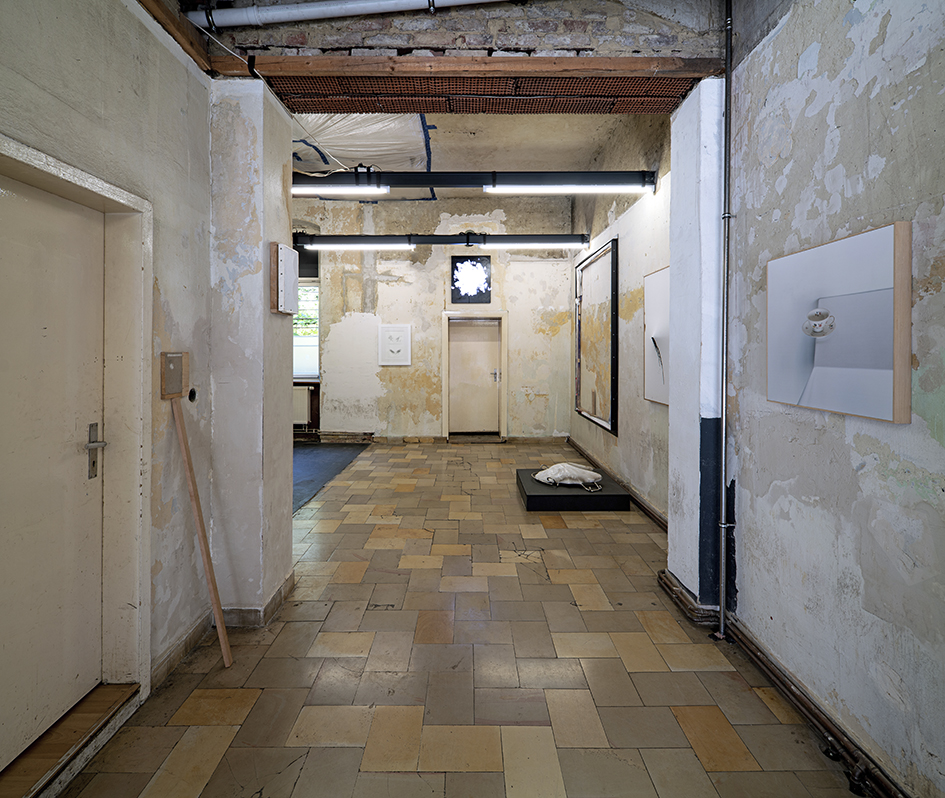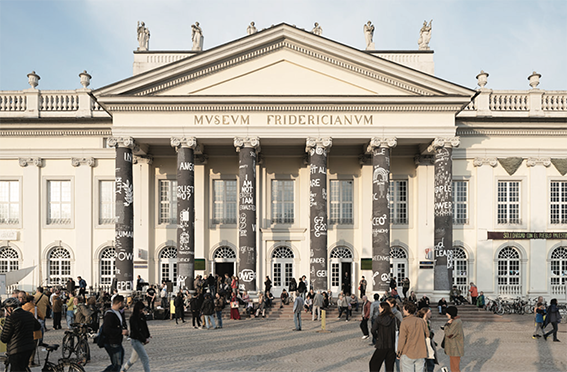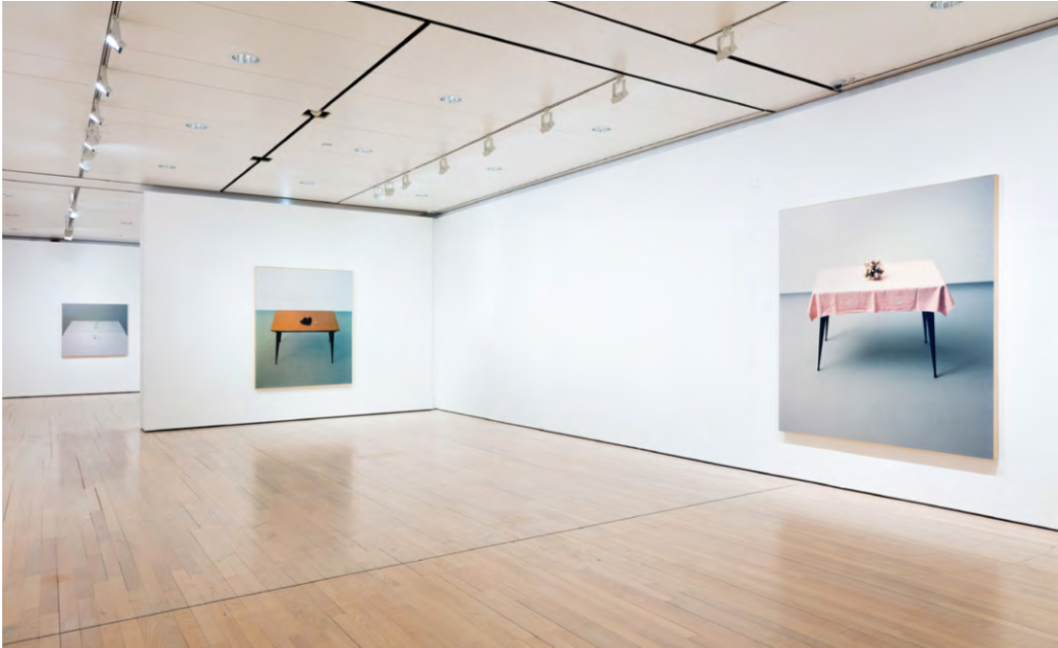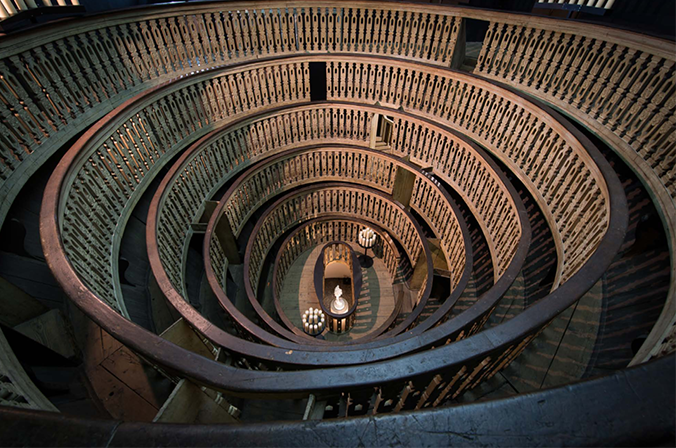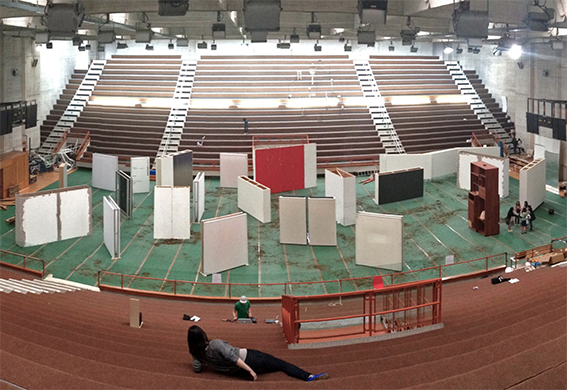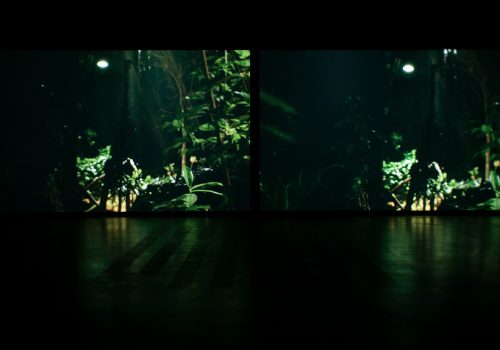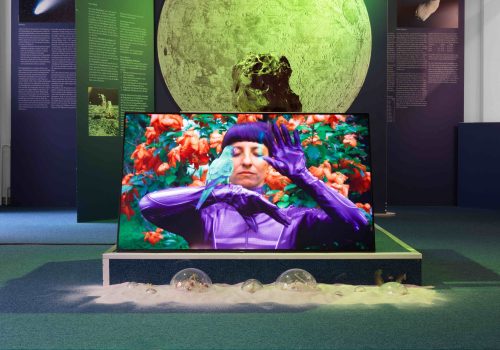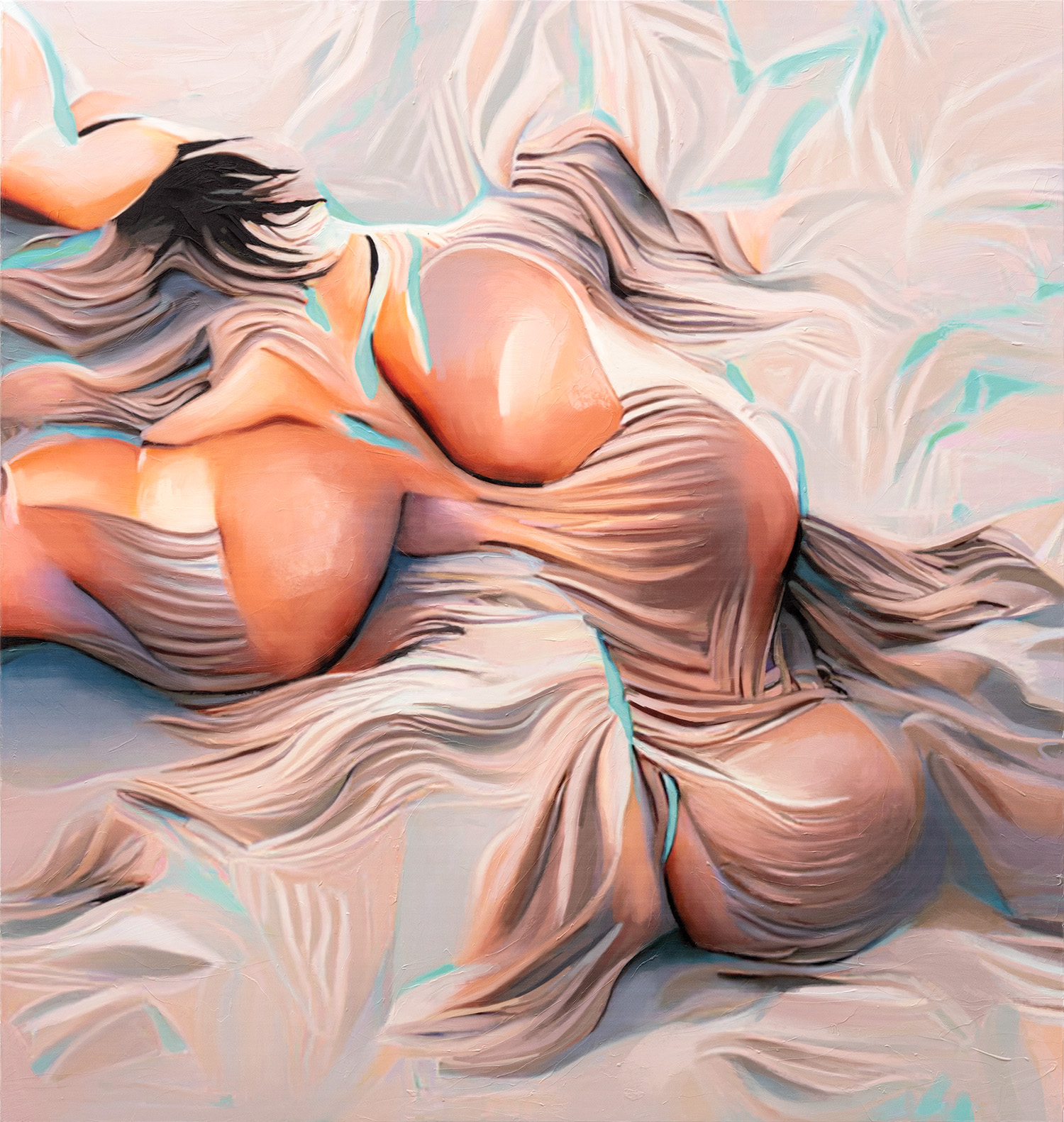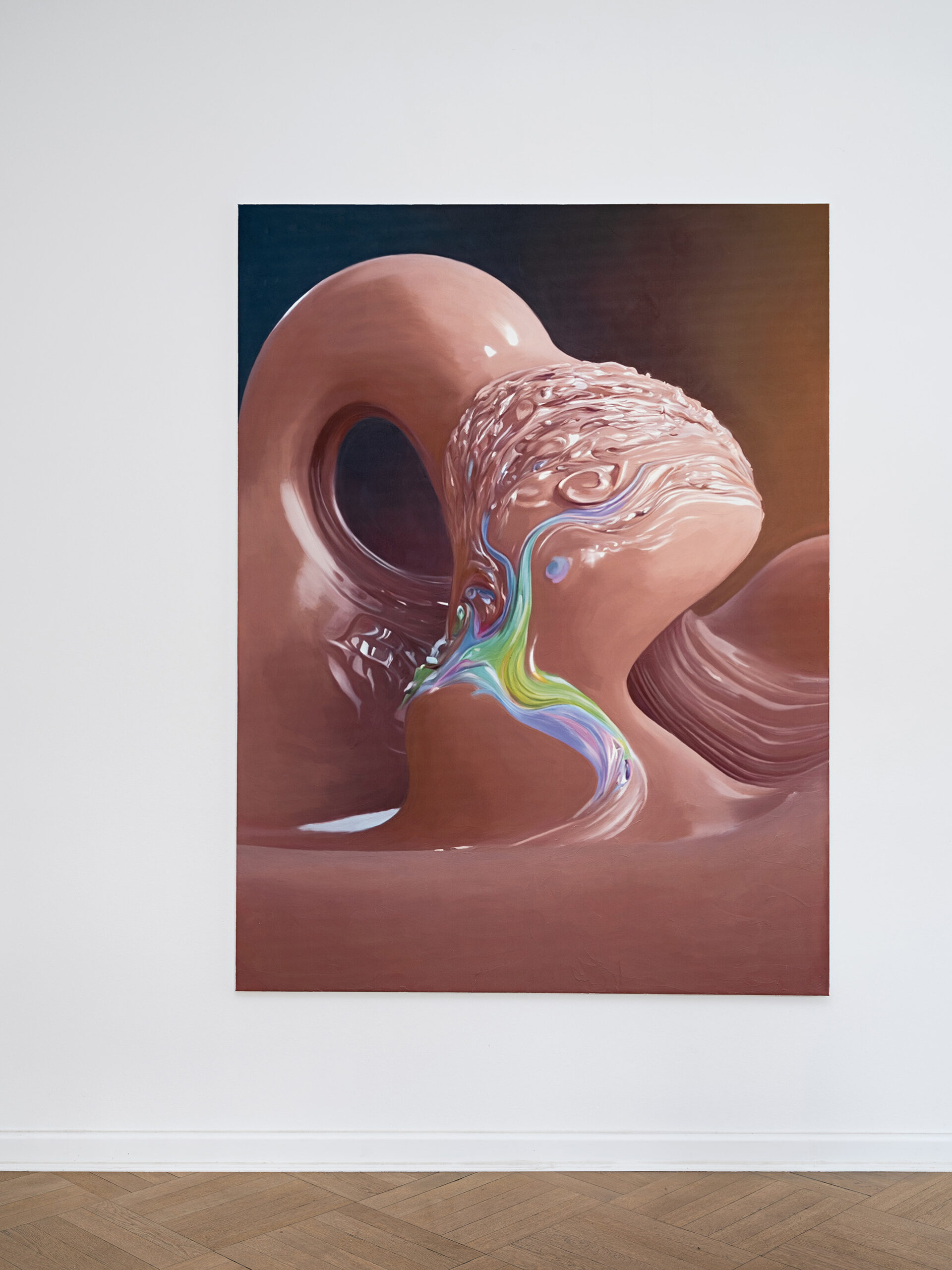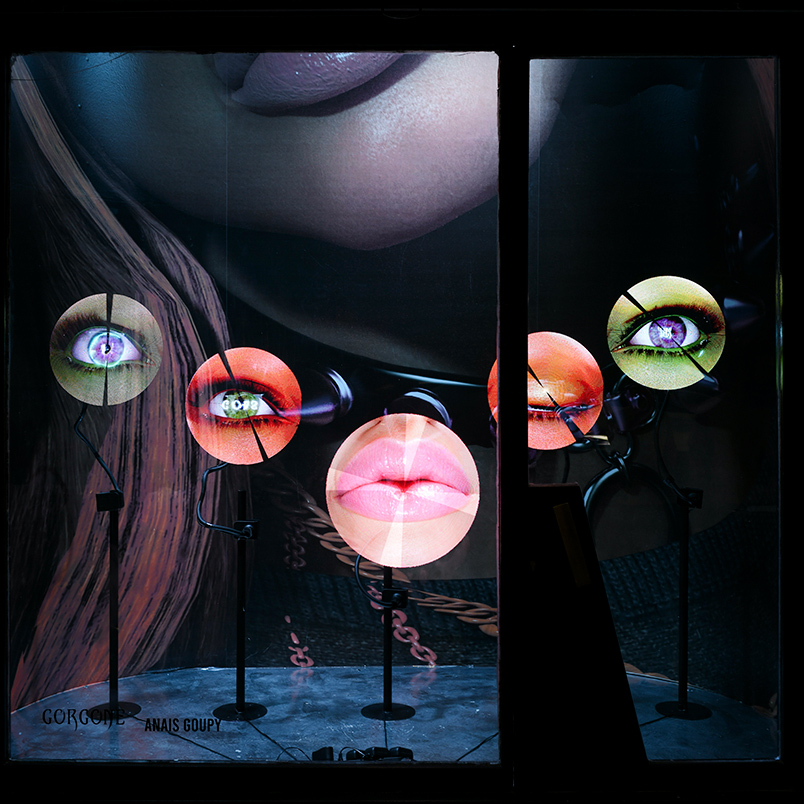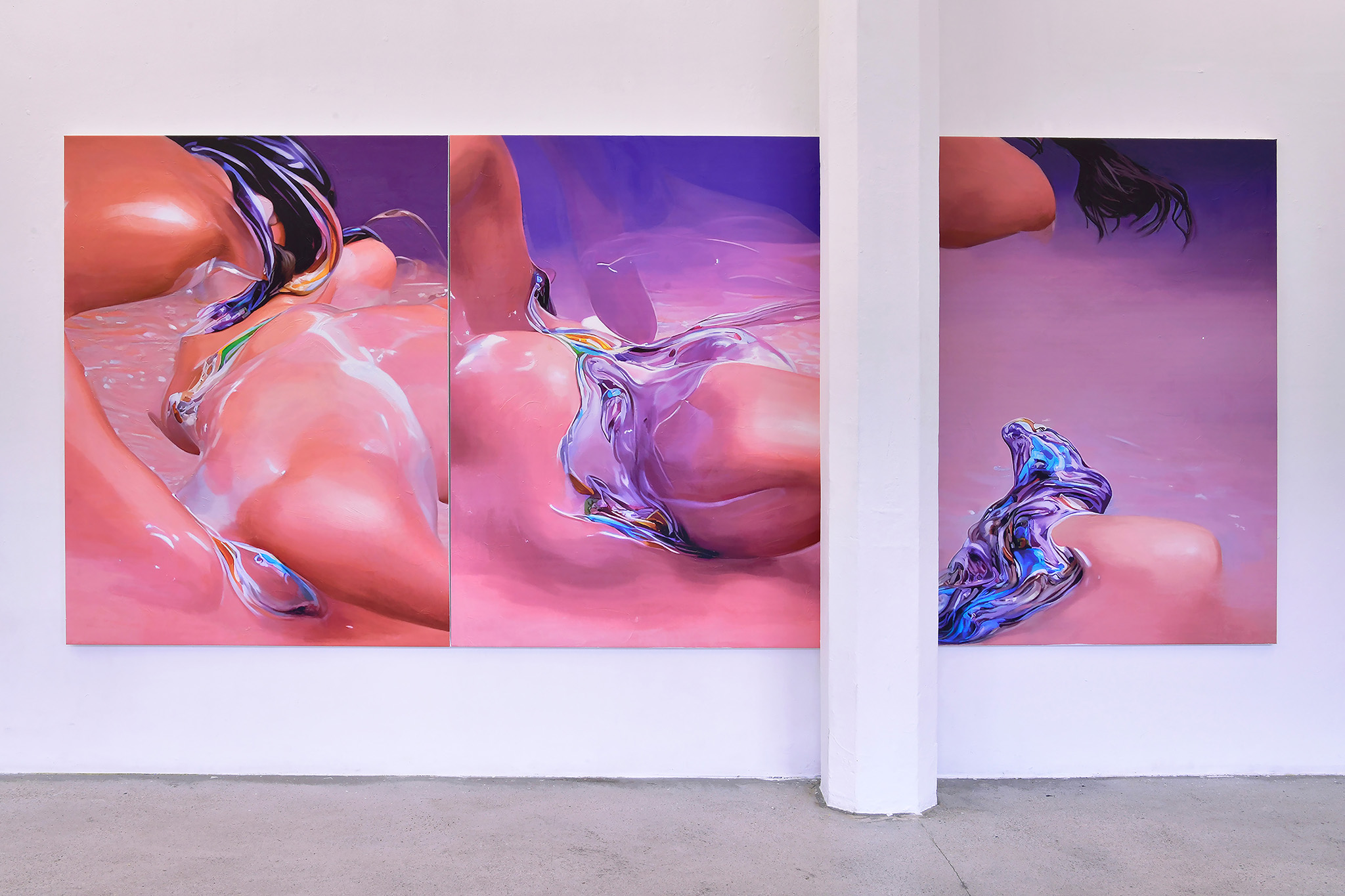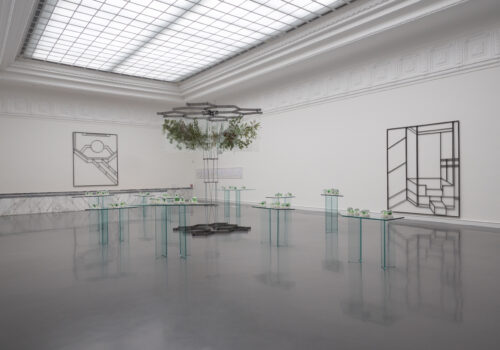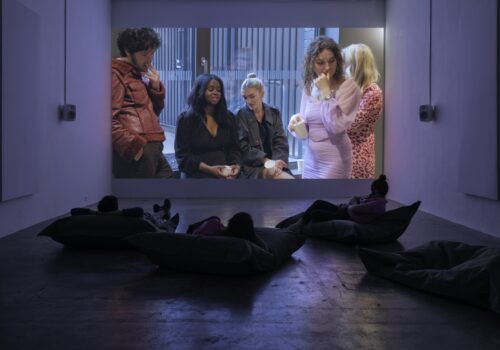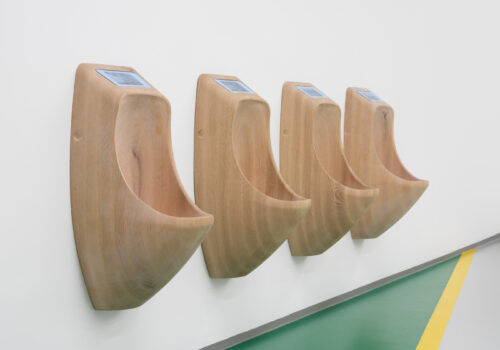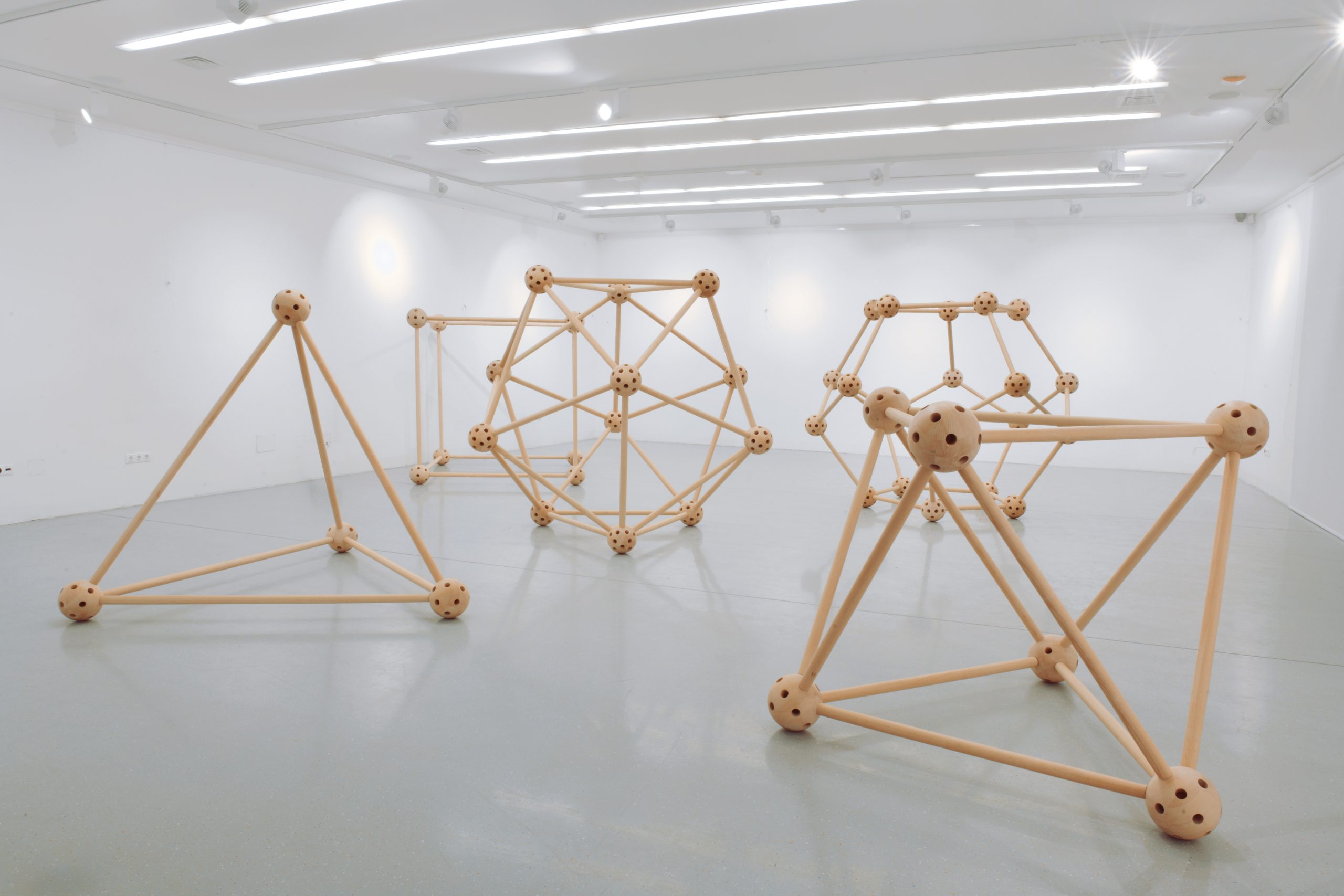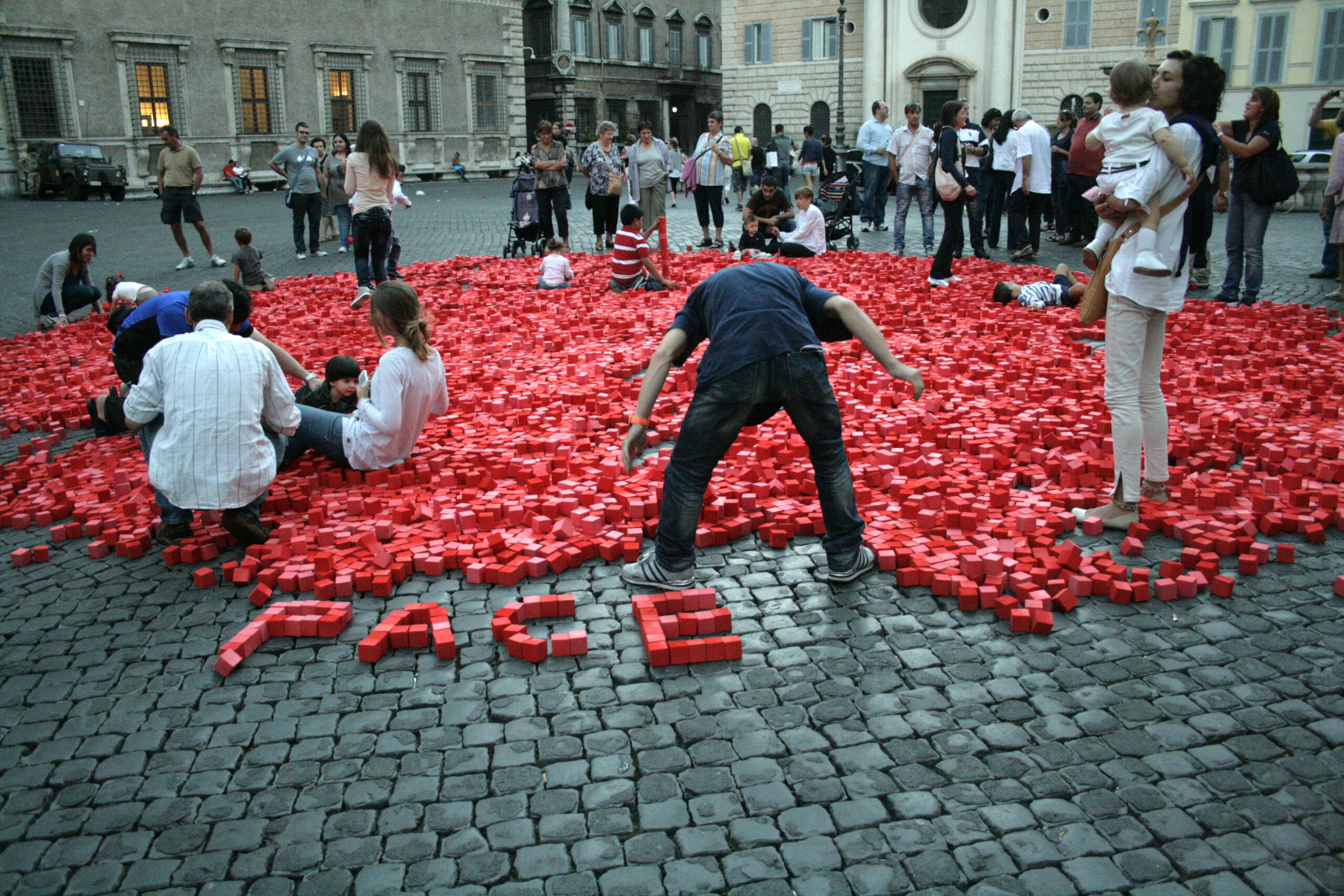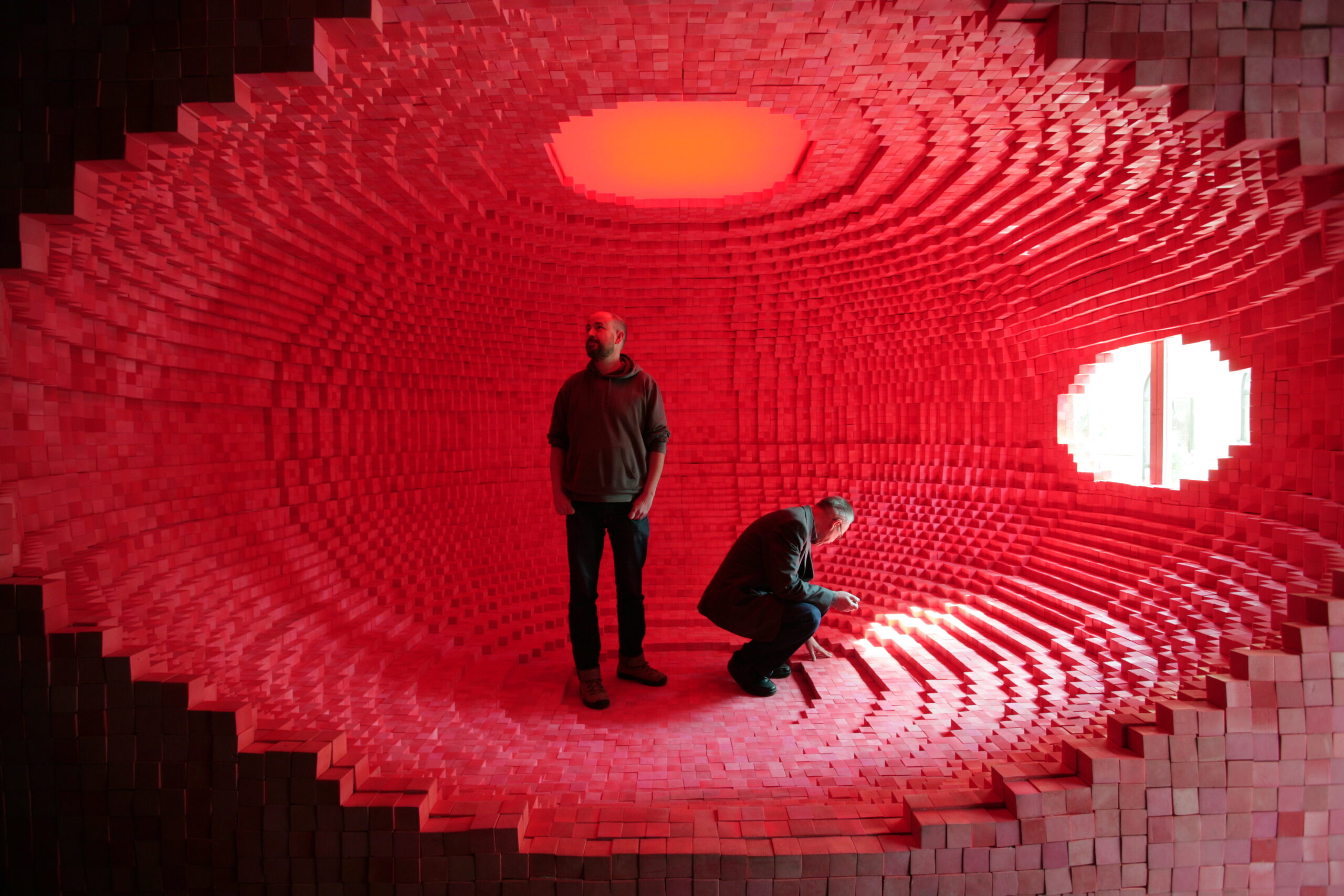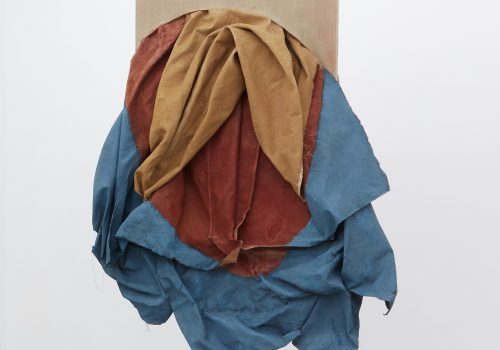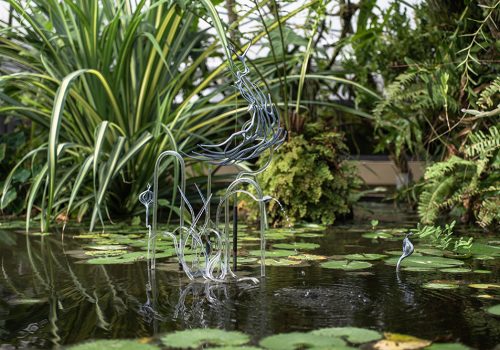Past Residents
Chiara Ianeselli
Dr. Ianeselli earned her Ph.D. in Cultural Heritage Analysis and Management from the IMT School for Advanced Studies in Lucca, Italy. Renowned for her curatorial projects and exhibition coordination, she has contributed to dOCUMENTA (13), the 14th Istanbul Biennial, and documenta fifteen. Specializing in research-based creative initiatives, multidisciplinary collaborations, and trans-historical perspectives, she is particularly interested in experimental approaches. By combining art-historical research with contemporary debates on collection accessibility, she promotes methodological inquiries in exhibition making. Currently, she is developing MAXXI Med in Sicily.
Dr. Ianeselli has curated exhibitions at Museum of Modern and Contemporary Art of Trento and Rovereto, Italy; and de Waag, Netherlands, among others.
Residents from Italy
Raffaela Naldi Rossano
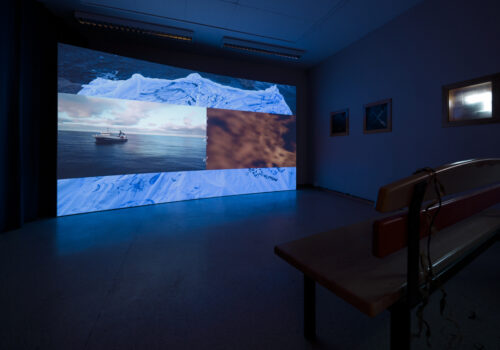
The Italian Academy for Advanced Studies, Columbia University, Italian Cultural Institute of New York, Directorate-General for Public and Cultural Diplomacy of the Italian Ministry of Foreign Affairs and International Cooperation, Directorate-General for Contemporary Creativity of the Italian Ministry of Culture
2024
Past Resident2024: KdFS Kulturstiftung des Freistaates Sachsen
Anaïs Goupy
Anaïs Goupy is a French artist and researcher exploring the human-machine relationship through a transdisciplinary practice. Her work is deeply influenced by social network trends found on the web, examining themes of female representation across history, pop culture, and the internet, exploring both emancipation and aesthetics.
Anaïs Goupy has exhibited work at ASPN Gallery, Germany; Kunstverein Bielefeld, Germany; and Spazio Bidet, Italy, among others.
Residents from Germany
Past Resident2024: International Visegrad Fund
Klára Orosz
Klára Orosz’s practice centers on the viewer’s interaction with objects and space. Her works explore visual and spatial perception, often involving installations that transform the gallery into interactive settings, constantly testing and pushing the boundaries between the object and the observer. Her aim is to create relational situations by minimizing the distance between the exhibited work and the viewer, inviting the audience to participate.
Klára Orosz has exhibited work at OSTRALE Biennale, Germany; Hungarian Academy in Rome, Italy; and Goldsmiths College, United Kingdom, among others.
